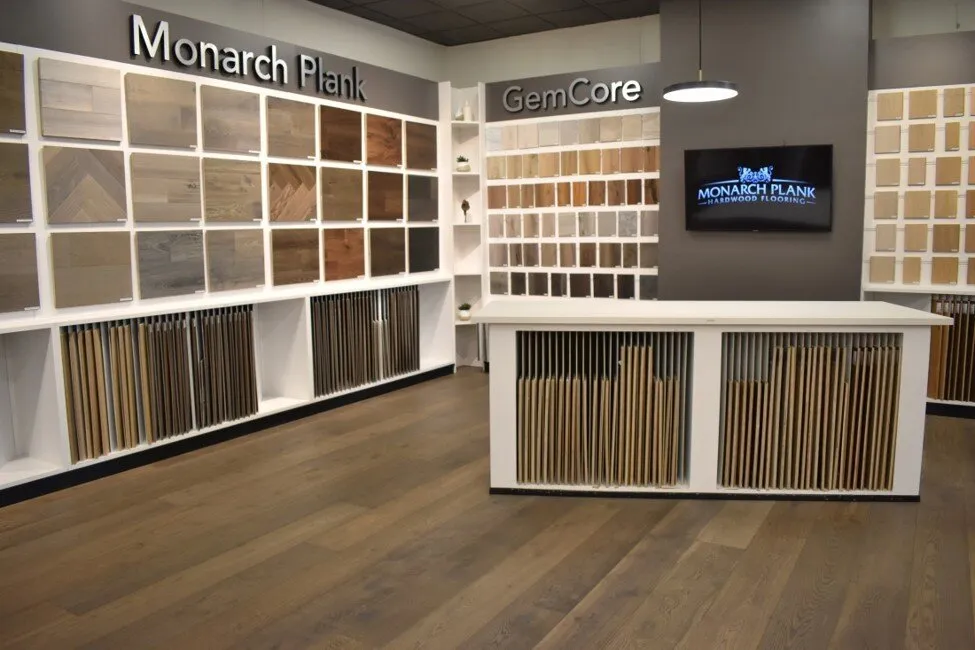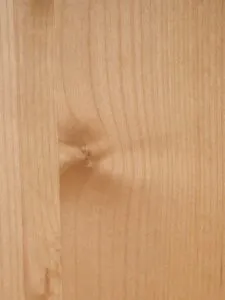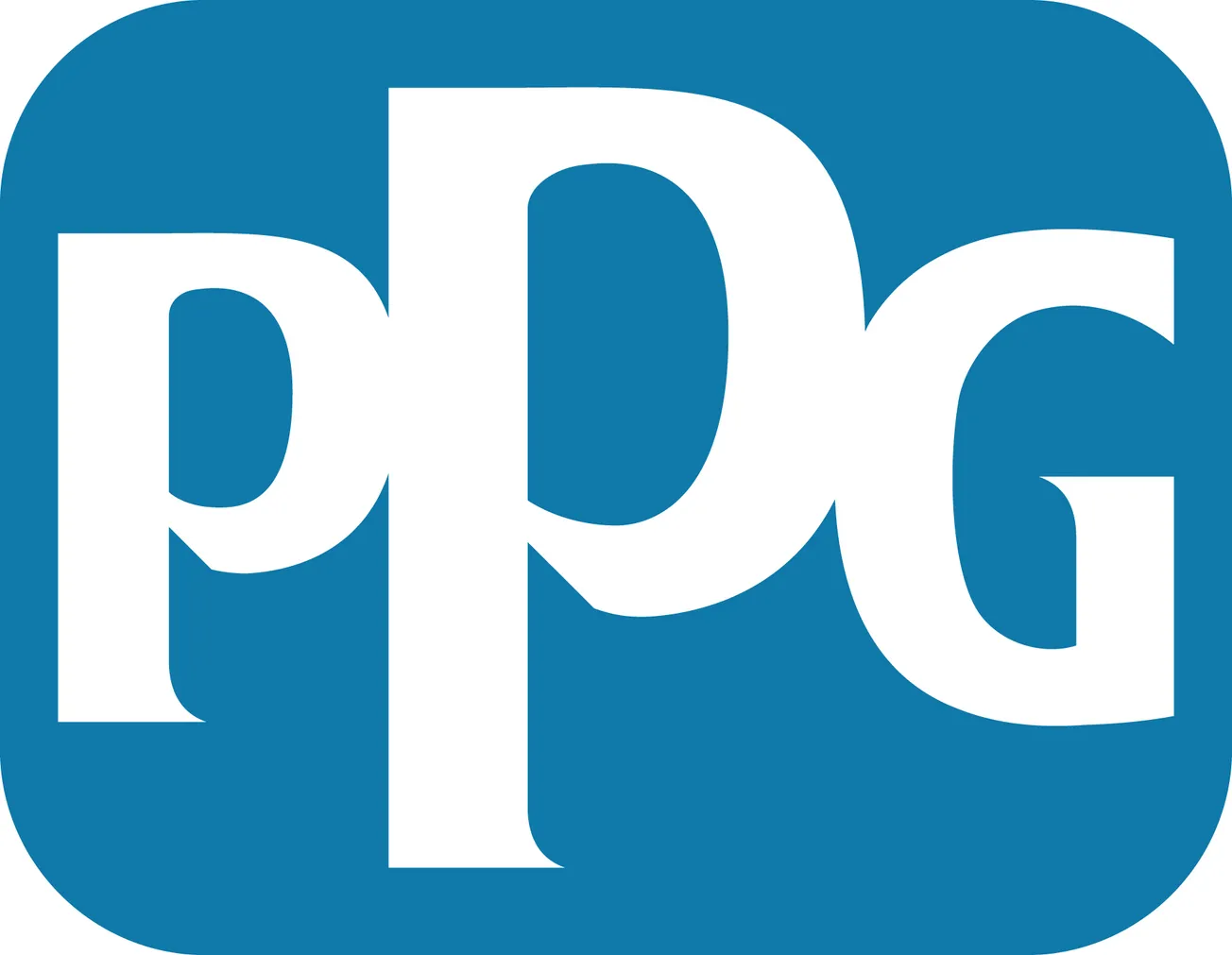Table of Contents
OUR FIRST CALL to a potential customer has more to do with how much business we will do with them than any other call. Can we dig out of the hole of a poor first call? Yes. I did it for years. But it takes a lot more time to overcome a bad first call. This is why when Master Sellers lose a big account they still have great years. Master Sellers know how to make a great first call that impresses potential customers.
Many sellers are so nervous and disorganized on their first call that they do the opposite. They turn off potential new customers. In addition, because the first call goes poorly and the proper information is not gathered, the second call is usually a re-prospect call, aggravating the buyer, or the seller offers something on the second call that the customer doesn’t use, which also leaves a negative impression.
Qualification — Not a Sales Call
Prospect calls are not sales calls. Most customers aren’t going to buy from us on a first call. It is a bit more common for distribution sellers because they can sell smaller quantities to local customers, but for sellers of truckload quantities to customers in regions all over the country, it is highly unlikely. The purpose of our first call is to qualify the account. Do they buy what we sell, do they buy it the way we sell it and do they buy enough?
We need to find out:
(1) What are the main three items you bring in?
(2) What grade(s) do you buy that in?
(3) What species?
(4) Mill preference: Are there any mills you can’t use/prefer?
(5) Quantity per month?
This is 13 questions if we only find out their main three items. This is the minimum number of questions because there will often be follow up/nuances to the answers—for example, if they use SPF: “Can they use Eastern/Western/Euro/SPF-S?”
This is why it is important to ask a narrowing question (“What are your main three items you buy in truckload quantities?”). Most customers will give us three to five minutes, so we must be clear and concise with our questions.
If, after we have qualified the customer thoroughly we want to ask, “Is there anything you are looking for today?,” it is OK but only after having qualified the customer.
What’s Your Price On…?
If the customer asks this question before we’ve qualified them, we say, “Susan, I’d love to sell you something today, but that really isn’t the purpose of my call. I’m calling to find out a little bit more about you and your company to see if we will be a good fit going forward. After we find out the main items you’re bringing in, if you want to give me an inquiry, I’ll be glad to work up a professional quote for you.” Then continue qualifying the account.
WSIBFU? Moments
On every prospect call there will be a “Why Should I Buy From You?” moment. Customers will rarely ask this question directly, but in other ways:
- “Where are you calling me from?”
- “I buy direct.”
- “I’m happy with my current supplier.”
- “Your company burned me in the past.”
This is where we need to be prepared to tell our potential customer why they should do business with us. Most sellers wing it. And it sounds like it. I tell my students, “You’re smart enough to wing it and your customers are smart enough to know you are winging it!”
Many students will say, “I don’t want to sound scripted.” I tell them, “Your favorite singer, actor, comedian and athlete are all scripted. It’s called professional preparation.”
Master Sellers have planned for and are ready to impress their potential customers with their answer.
“We are a 35-person sales team. We move 50 million bd. ft. of lumber every month to the most competitive accounts in the nation. In addition, we are the largest importer of XYZ product. Because we move so much volume and because of the contracts we have in place, we get highly competitive pricing that we pass on to customers just like you.”










